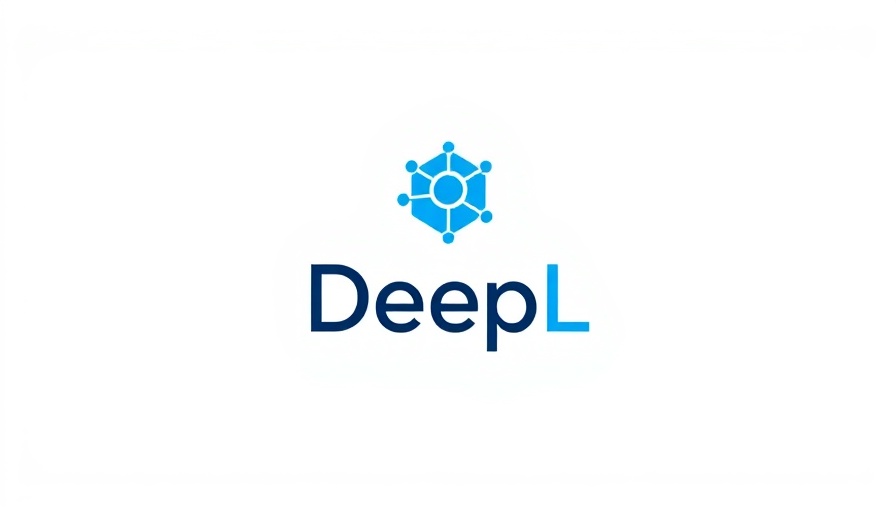
OpenAI’s Codex: A Game-Changer for Programmers
In a landmark announcement, OpenAI has unveiled Codex, an innovative tool set to revolutionize how computer programmers work. Designed as an AI agent, Codex is engineered to assist with various tasks that a programmer faces, including writing code, debugging, and running tests. This cutting-edge technology is designed to perform multiple operations simultaneously, which could save programmers significant time and effort.
The Evolution of AI in Programming
Artificial intelligence has evolved dramatically from basic chatbots to sophisticated AI agents like Codex. Unlike traditional chatbots that respond to queries and generate text, Codex connects and operates with other software and services online. Imagine coding becoming less about typing and more about communicating and collaborating with an intelligent partner that understands your needs.
Accessibility and Integration
Starting Friday, Codex will be immediately accessible to subscribers of ChatGPT Pro, OpenAI’s premium service. For $200 a month, users not only gain access to Codex but also the entire suite of OpenAI's advanced tools. This move marks a significant step towards integrating AI deeply into everyday programming tasks, making advanced coding skills more accessible than ever.
The Future Landscape of Programming
As OpenAI continues to expand its offerings, discussions are underway about acquiring Windsurf, another AI-powered coding tool rumored to cost around $3 billion. This acquisition could revolutionize the tech industry by bringing thousands of new customers into the fold. If successful, OpenAI could reshape coding standards, creating an environment where less experienced programmers can also thrive, thanks to AI assistance.
Inspiration from Real-World Use
In practical terms, Codex can function as a hands-on teacher for emerging developers. Imagine a newbie programmer tackling their first project with Codex guiding them through code generation and error fixing. With the power of AI by their side, they can focus more on concepts rather than being bogged down by syntax details. This enhances learning and encourages a healthier, balanced approach to programming.
What This Means for the Future
The rise of tools like Codex signals a larger shift in how technology impacts workforce dynamics. Companies are increasingly investing in AI capabilities, creating not just jobs for developers but enhancing existing roles by introducing AI as a co-worker. This trend opens up exciting opportunities for tech enthusiasts and professionals alike.
As the industry embraces AI, the educational landscape will also likely adapt. Institutions might integrate AI programming booths or courses tailored to help students navigate tools like Codex, promoting a future of collaborative coding.
Conclusion: Empowering Tomorrow’s Coders
OpenAI’s Codex is more than just a tool; it represents a cultural shift in programming. As AI becomes a crucial partner in the coding process, both novice and experienced programmers can look forward to enhanced productivity and creativity. To learn more about cutting-edge AI tools or to discuss strategies to harness these advancements in your own coding projects, join conversations online or visit educational platforms offering resources about AI in technology.
To bypass AI detection with ease and stay ahead of the curve, consider exploring Prompt2Human.
 Add Row
Add Row  Add
Add 




 Add Row
Add Row  Add
Add 

Write A Comment